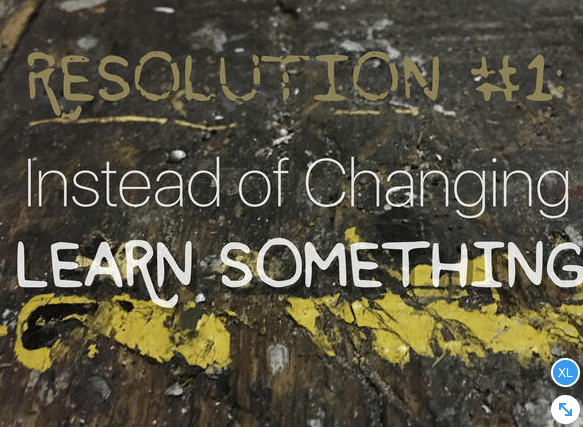Anxiety can lead to controlling behavior in some individuals. This isn’t true for everyone with anxiety, but for some, the uncertainty and discomfort associated with anxiety disorders might drive them to seek control over their environment, situations, or even other people as a way to alleviate their anxious feelings or prevent feared outcomes.
Here are several ways in which anxiety might manifest as controlling behavior…
1. Seeking Predictability
- Individuals with anxiety often crave predictability and certainty in their environment because it provides a sense of safety. Controlling behaviors can be an attempt to make the world more predictable and reduce the frequency and intensity of anxiety triggers.
2. Preventing Feared Outcomes
- Anxiety can cause people to worry excessively about potential negative outcomes. As a result, they may try to control situations or others’ actions to prevent these outcomes from happening, even if the likelihood is low or the control attempts are unhelpful or unrealistic.
3. Need for Reassurance
- Some controlling behavior may stem from a need for constant reassurance due to anxiety. This might involve repeatedly checking up on others, demanding frequent updates, or needing others to behave in specific ways that alleviate the individual’s anxious feelings.
4. Avoidance of Discomfort
- Anxiety can make certain situations or interactions feel intolerably uncomfortable. Controlling behaviors can be a way to avoid these situations, by either preventing them from occurring or shaping them to be less anxiety-provoking.
5. Perfectionism
- For some, anxiety is closely linked to perfectionism, where there is an intense fear of making mistakes or not meeting high standards. This can lead to controlling behavior as the individual strives to manage every detail to avoid perceived failure or criticism.
Understanding and Managing Anxiety-Driven Controlling Behavior
Recognizing that controlling behavior may be a manifestation of anxiety is the first step toward addressing it. Here are some strategies for managing these behaviors:
- Seek Professional Help – Therapy, particularly Cognitive Behavioral Therapy (CBT), can be effective in managing anxiety and related behaviors. A therapist can help identify the root causes of anxiety and develop strategies to cope with it in healthier ways.
- Mindfulness and Relaxation Techniques – Practices such as mindfulness, meditation, deep breathing exercises, and progressive muscle relaxation can help reduce anxiety levels and the perceived need to control external circumstances.
- Build Healthy Coping Skills – Learning and practicing healthy coping mechanisms for anxiety can reduce the reliance on controlling behaviors as a way to manage stress and fear.
- Open Communication – If your anxiety-driven controlling behavior affects relationships, open and honest communication about your feelings and struggles can help others understand your behavior and work with you to find mutual support and solutions.
Approach this issue with compassion for oneself and others. Anxiety-driven controlling behavior is not a choice, but a reaction to underlying fears and uncertainties. With appropriate support and strategies, individuals can learn to manage their anxiety and reduce controlling behaviors.







